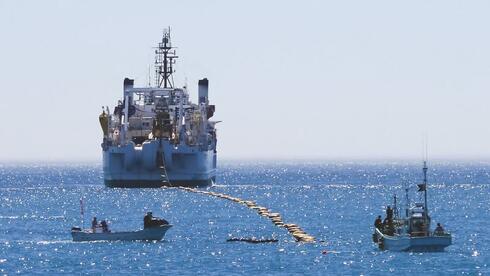Internet access has been disrupted in parts of Asia and the Middle East after undersea cables in the Red Sea were cut, the Associated Press reported. The cause of the cuts is not yet clear.
Officials have expressed concern over the past two years that the Houthis could target the cables in the region as part of their attacks in solidarity with the Palestinians amid the war in Gaza. These attacks have included firing missiles at commercial ships passing through the Red Sea and at Israel. However, in previous cases of cable damage, the Houthis have denied involvement.
Undersea cables can be damaged unintentionally by ships dropping anchor, but targeted attacks are also possible. Repairs take weeks, as ships must be positioned directly above the damaged cable. Undersea cables are a crucial part of internet infrastructure, alongside satellites and terrestrial networks. Internet service providers usually have multiple access points and can redirect traffic if disruptions occur in one area, although browsing speeds may still slow down.
According to NetBlocks, a company that monitors internet access, “a series of subsea cable outages in the Red Sea has degraded internet connectivity in multiple countries,” including India and Pakistan. Similarly, users in the United Arab Emirates have reported slowed internet browsing.
Microsoft confirmed that users “may experience increased latency due to undersea fiber cuts in the Red Sea.” Azure, the world’s second-largest cloud computing provider after Amazon, with about 722 million users, decided to reroute traffic through alternative routes. The company did not provide a reason for the cable disruption. “Network traffic that does not traverse through the Middle East is not impacted. We’ll continue to provide daily updates, or sooner if conditions change,” a statement on the company’s website said.

